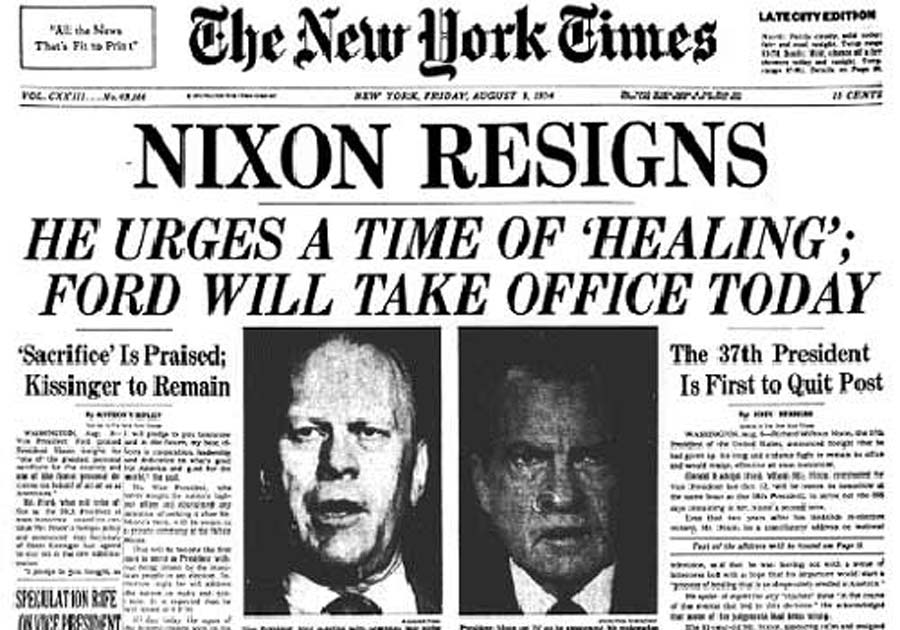The views expressed in our content reflect individual perspectives and do not represent the authoritative views of the Baha'i Faith.
The recent results of several national elections around the world have pleased many–and disturbed many, too. What will the future bring?
As the results of this election proved difficult to foresee, so its ultimate long-term effects are hard to predict, too. In the United States, we live in a deeply-divided, intensely polarized nation in uncharted territory, and the future has yet to be written. That situation has repeated itself in many other countries, as well. You may like the way your nation’s elections turned out, and in your celebrations, perhaps you don’t see what there is to fear—or you may be one of those who experience abject fear about the future in a very personal way. But no matter what the future holds, there’s no denying the uncertainty, fear and consternation some people are now experiencing.
So if you’re optimistic, then how should you comfort those who are afraid? If you’re pessimistic and fearful, what can you do to deal with those feelings?
The Baha’i teachings offer more than cautious optimism for those who suffer from such fears, though perhaps not in the way you might expect. Instead of urging you to work toward change in the next election in some way, or try to fight to maintain the status quo, the Baha’i teachings say that the solution to the nation’s and the world’s problems does not lie in partisan politics at all.
The Baha’i teachings explain that major change is coming—in fact, much more than we’re even thinking about today. Baha’u’llah wrote:
It is incumbent upon all the peoples of the world to reconcile their differences, and, with perfect unity and peace, abide beneath the shadow of the Tree of His care and loving-kindness. It behoveth them to cleave to whatsoever will, in this Day, be conducive to the exaltation of their stations, and to the promotion of their best interests…
Beseech ye the one true God to grant that all men may be graciously assisted to fulfil that which is acceptable in Our sight. Soon will the present-day order be rolled up, and a new one spread out in its stead. – Gleanings from the Writings of Baha’u’llah, pp. 6-7.
Baha’is believe two global processes are now happening simultaneously: on one hand, the end of the old ways of doing things, and on the other hand, the creation of a new way. That new way, the Baha’i teachings say, will inevitably lead humanity to a unified global civilization:
Baha’u’llah declared the coming of the Most Great Peace. All the nations and peoples will come under the shadow of the Tent of the Great Peace and Harmony — that is to say, by general election a Great Board of Arbitration shall be established, to settle all differences and quarrels between the Powers; so that disputes shall not end in war. – Abdu’l-Baha, Abdu’l-Baha in London, pp. 29-30.
It sounds great, right? Despite partisan accusations, the people of America, regardless of which party they belong to, do not want to live in a state of war all the time. Almost everyone wants peace and prosperity, and those who want war for their own selfish reasons are in the extreme minority. The problem? Our current world system has no way of peacefully deterring conflict in every case; we rely heavily on treaties, international alliances and trade deals that are all too easily broken or ignored by small parties like failed states or terrorists that seek to gain some kind of ephemeral infamy from sowing disorder in the world.
 Of course, some people in the world view international peace and agreement as a kind of naive utopian vision—and this is one of the main obstacles standing in the way of achieving it. Many, if not most of the great achievements of the age we live in were once considered impossible flights of fancy: flight itself being only one of them. As far as international peace is concerned even the measure of peace we have now, thanks to struggling institutions like the UN and NATO, was scarcely even imagined before about 100 years ago. Even then it seemed quite impossible. Many people considered President Woodrow Wilson a fool to even propose his doomed-to-fail League of Nations.
Of course, some people in the world view international peace and agreement as a kind of naive utopian vision—and this is one of the main obstacles standing in the way of achieving it. Many, if not most of the great achievements of the age we live in were once considered impossible flights of fancy: flight itself being only one of them. As far as international peace is concerned even the measure of peace we have now, thanks to struggling institutions like the UN and NATO, was scarcely even imagined before about 100 years ago. Even then it seemed quite impossible. Many people considered President Woodrow Wilson a fool to even propose his doomed-to-fail League of Nations.
But even as the nations of the world have been gradually developing peaceful ways of coexisting together, the roll-up of the present-day order has kept on going. The deterioration of the earth’s existing political systems is now becoming increasingly clear to all as each year goes by. As just one obvious example of this deterioration, trust in government has been steadily weakening over the decades ever since the Watergate scandal, and in this election it reached a climax.
It feels terrible not to trust one’s own government, especially since a majority of Americans who identify with a political party now view the opposing party as a threat to their own nation and sometimes even to the world. It’s not just that Americans no longer trust their government, now they no longer trust each other, either. That mistrust has broken out into an ugly form of estrangement, dividing us along racial, economic, and religious categories. All this is genuinely frightening to everyone, no matter which side of the political divide we fall on.
In the next essay in this series, we’ll consider the Baha’i solutions to that mistrust.
















Comments
Sign in or create an account
Continue with Googleor